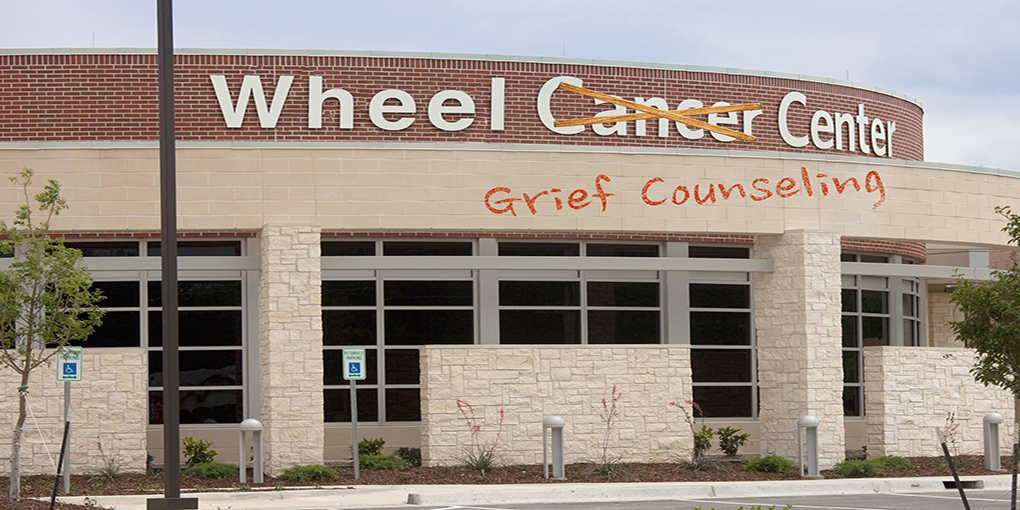 Inspired by the latest Wheel Op-Ed, I decided it’s about time someone addressed cancer in a realistic manner.
Inspired by the latest Wheel Op-Ed, I decided it’s about time someone addressed cancer in a realistic manner.
Cancer is inevitable in our society and there is very little we can do to stop it. Prevention efforts can only do so much, and even then, their effectiveness is extremely limited.
There has been a surge in awareness regarding cancer in the first world over the past few years, yet according to a report by the Surgeon General, the number of reported cases of cancer have actually increased from 1,340,400 in 2001 to 1,665,600 in 2011.
From my first impressions of this doomed, diseased world as an 18 year-old, I’m not exactly surprised by this data. No, I don’t know anyone personally who has had cancer. I have, however, seen a lot of movies and TV shows about the topic.
There are two things I can take away from these statistics and observations. The first, and most obvious, is that incidents of malignant cancerous growth happen all too often at Emory and other top-ranked hospitals. But that’s something people have been saying for years. The second, and more important lesson, is that cancer is virtually inevitable. And while I don’t think we should be completely defeatist regarding chemotherapy, I believe that science can only go so far. As of now, there does not appear to be evidence of a decrease in total cancer cases due to chemotherapy programs.
There are, however, ways we can help stem the tide and combat the devastating consequences of cancer: increase the support for bereaved loved ones and increase the disgust we feel about metastasis. I actually believe Emory Healthcare Counseling Services deal with grief counseling decently well by advocating for better tasting coffee in hospital waiting rooms and having a discussion about the right discount to haggle for with funeral homes.
But I find it hard to believe that the majority of cancerous tumors are able to be destroyed through chemotherapy, and I don’t think sunscreen and healthy diets are an effective enough way to prevent them, and to a certain extent I consider it to be futile. No amount of cancer-destroying chemicals can convince cancer cells to go away on their own.
According to a 2014 study by the U.S. Department of Health, bedside teddy bears and visits by religious leaders did slightly increase the remaining lifespan of cancer patients, however they showed no proof of actual decrease in cancer-related mortality.
Thus I believe that once a single cancerous cell is found in the body, it is more important that we have the appropriate systems to deal with the dead body and its former familial relations than worrying about preventing the death through medical treatment. We need to continue to make sure that we breed an environment in which grieving loved ones always have someone to talk to and somewhere to purchase more tissues after the wake.
Furthermore, we need to create an environment in which cancer is universally hated. The best way to do this is to no longer allow oncology-related issues to be dealt with internally in hospitals. They should instead be dealt with as a public matter so the whole world knows just how awful this disease is.
Of course, the privacy of the deceased should be protected, but that must not inhibit us from ensuring that the ugly truth about cancer is known to all.
The only way to prevent cancer is to ensure the intense and unequivocal ostracism of metastasizing cells by other body parts. We need to tell the body that the only location these cells deserve to occupy is the shadow realm.
While I still don’t believe that this will completely eradicate cancer, I think it is the best tool we have in quelling its prevalence.
And, as culinary institutes nationwide are working toward, we need to train as many people as possible to be able to bring casserole to the funerals and deal with various stages of grief in bereaved friends and family appropriately.
We’ve known for a long enough time now that cancer is horrible. Yet it still occurs on a fairly regular basis and we have no indication of its end. Simply put, education about preventing cancer doesn’t work. Education at this point is obsolete. There are a certain number of people in our society who are going to continue to smoke and not wear sunscreen.
We need to make sure the leukemias and lymphomas of the world know they haven’t gotten away with anything. In doing so, we will alert other cancerous diseases that they won’t get away with it either. Only once we outwardly and aggressively scream that these illnesses have no place in modern society, will we see a decrease in the number of oncological deaths.
I don’t have a defeatist outlook, I have a realistic one. And once we can be realistic about ourselves as a society, we can more efficiently and effectively combat this epidemic.
Dan Hunter is a College freshman from Los Angeles, California.

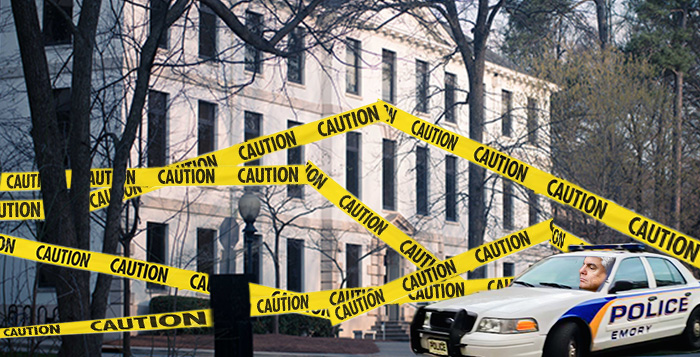

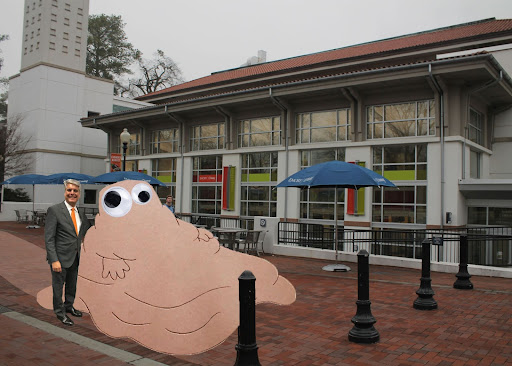


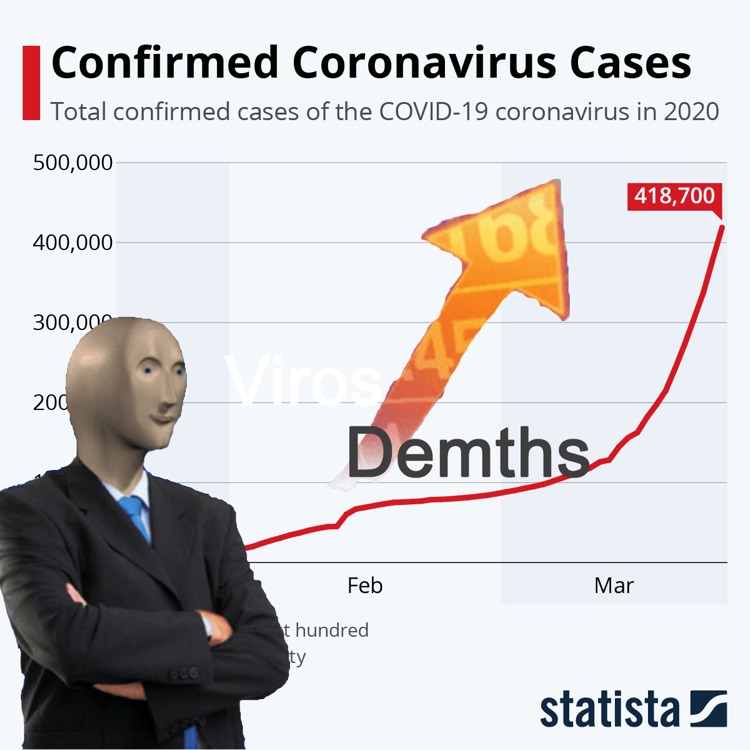
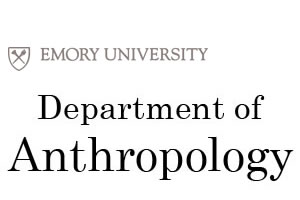
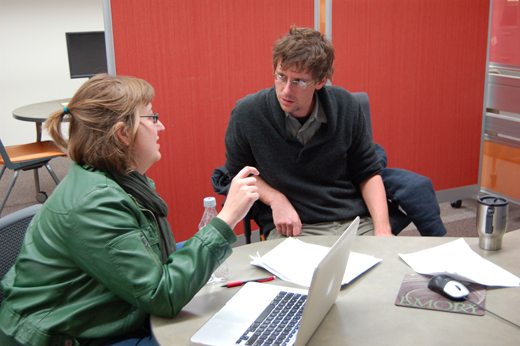
Be First to Comment